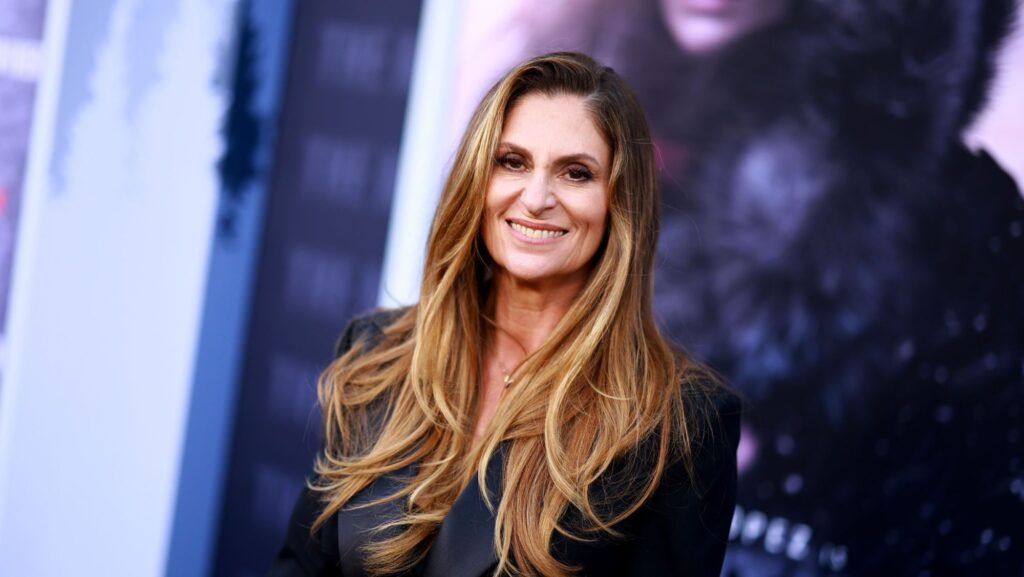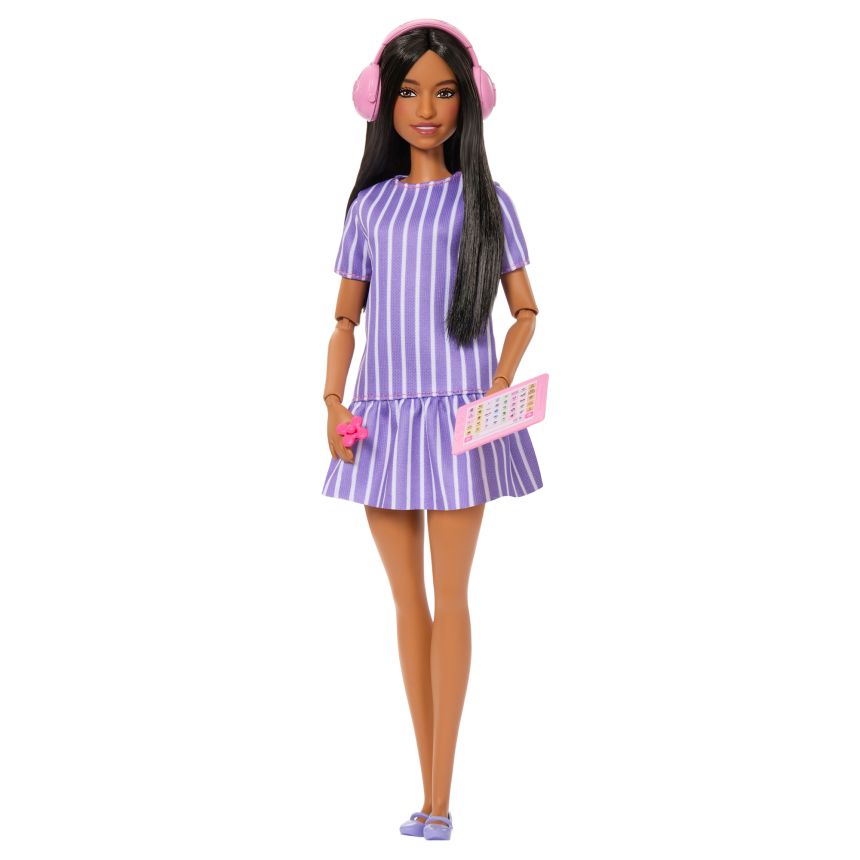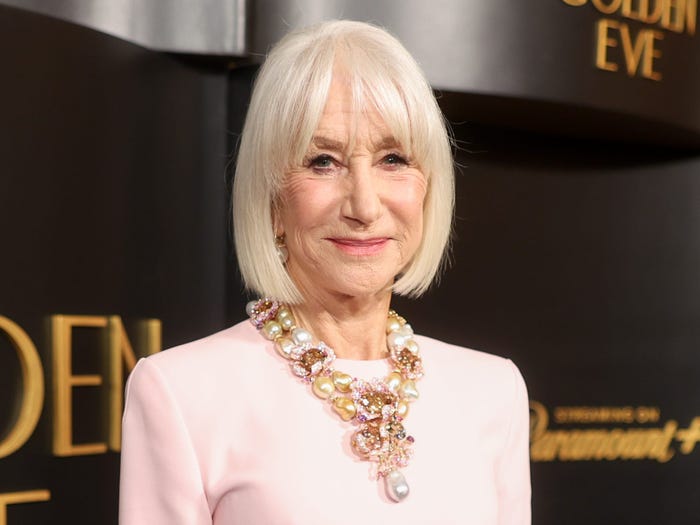
New Zealand filmmaker Niki Caro has taken a prominent role as the head of the jury at the Camerimage Film Festival in Toruń, Poland. This appointment comes at a time when the festival is under scrutiny for its gender representation among cinematographers. Despite efforts to improve inclusivity, the festival’s current lineup includes only three female directors of photography out of thirteen films competing for the prestigious Golden Frog award for best film.
Caro, known for her diverse filmography that includes the acclaimed Whale Rider and the blockbuster Mulan, is outspoken about the broader trends she perceives in the film industry. She notes a troubling decline in the representation of women behind the camera. “You can just see it statistically,” she remarked. “Less female cinematographers are shooting films. Less female directors are directing films. They’re going in the wrong direction, and it’s quite depressing.”
As an advocate for gender diversity, Caro has consistently surrounded herself with female talent in her projects. On the set of Mulan, she emphasized the importance of having women in key roles, saying, “All the [head of department roles], except for the production designer, were female.” She believes that female-led teams create a more cohesive and organized working environment. “You get a bunch of girls running a show like that, everybody’s communicating,” she added.
Caro’s experience spans various scales of production. She described the making of Mulan as a moment of rapidly multiplying complexity and ambition. “When I first read it, I was like, ‘Holy shit, this is huge.’ And then it just got huger,” she recalled. Working with cinematographer Mandy Walker, she highlighted the need for meticulous planning to achieve the film’s grand vision.
The challenges of launching Mulan during the pandemic were unprecedented. Caro acknowledged the cultural pressures of adapting such a well-known legend but noted that no amount of preparation could mitigate the impact of the film’s non-traditional release. “There were other things at large at the time, not the least of them being the pandemic,” she said, reflecting on the difficulties surrounding its theatrical launch.
In contrast, her latest project, the Netflix thriller The Mother, bypassed theaters but managed to connect with a vast global audience. “As somebody who has kind of come up through independent film, it just took my breath away to understand how many people were watching this film,” Caro remarked. She expressed regret over the diminishing opportunities to see smaller films on big screens, noting that such experiences are becoming increasingly rare.
In addition to her jury duties at the festival, Caro is deeply involved in developing several personal projects. One notable endeavor is an adaptation of A Beautiful Family, a novel by first-time New Zealand author Jennifer Trevelyan. This project is spiritually linked to Caro’s breakthrough film, Whale Rider. Set on New Zealand’s Kāpiti Coast in 1985, it follows a ten-year-old girl, Alix, as she befriends a Māori boy and embarks on a quest to uncover the mystery of a girl who drowned two years earlier.
Caro describes the process of developing smaller, more intimate films as energizing. “To be able to develop and nurture these smaller films from seeds is really nice. It’s very hands-on. Feels very bespoke,” she said. With the script nearly finished, she is currently in the casting phase.
The 33rd Camerimage Film Festival runs from November 15 to 23, 2023, in Toruń, where Caro’s leadership will likely shine a light on the ongoing discourse surrounding gender equity in filmmaking. As she takes on this significant role, her commitment to addressing disparities within the industry remains clear.






